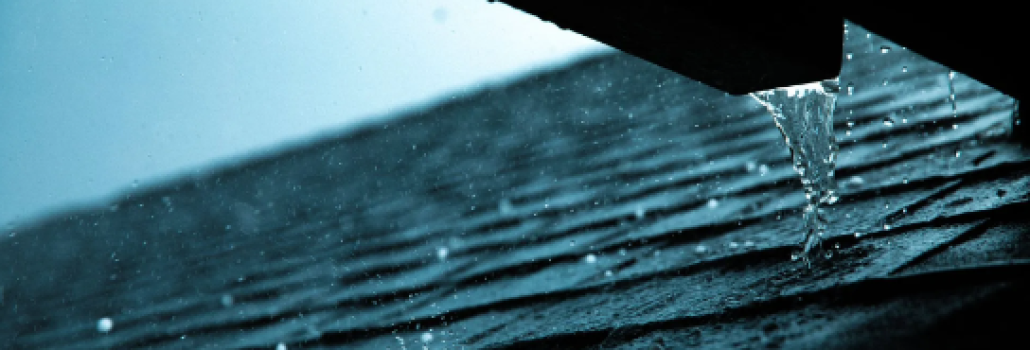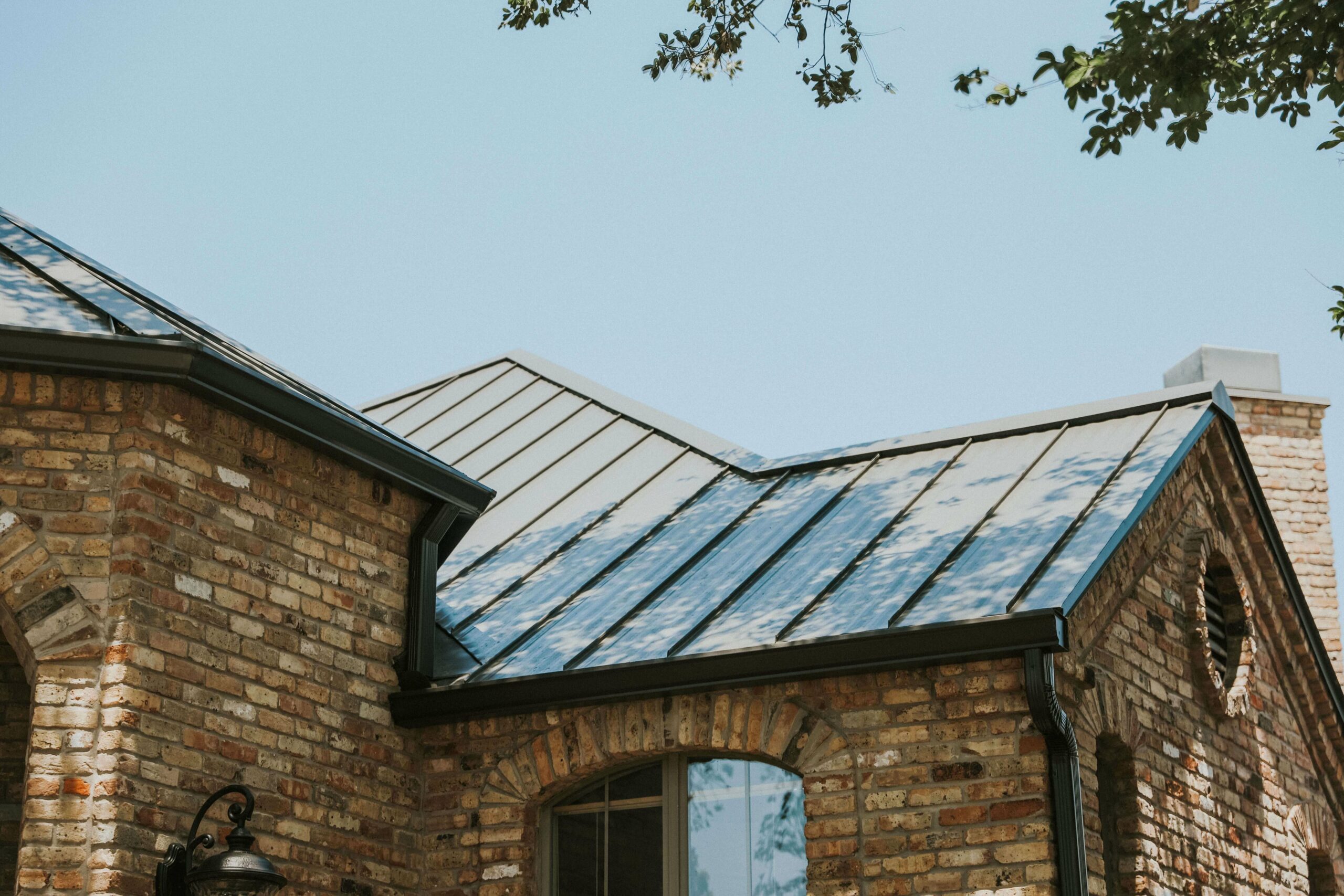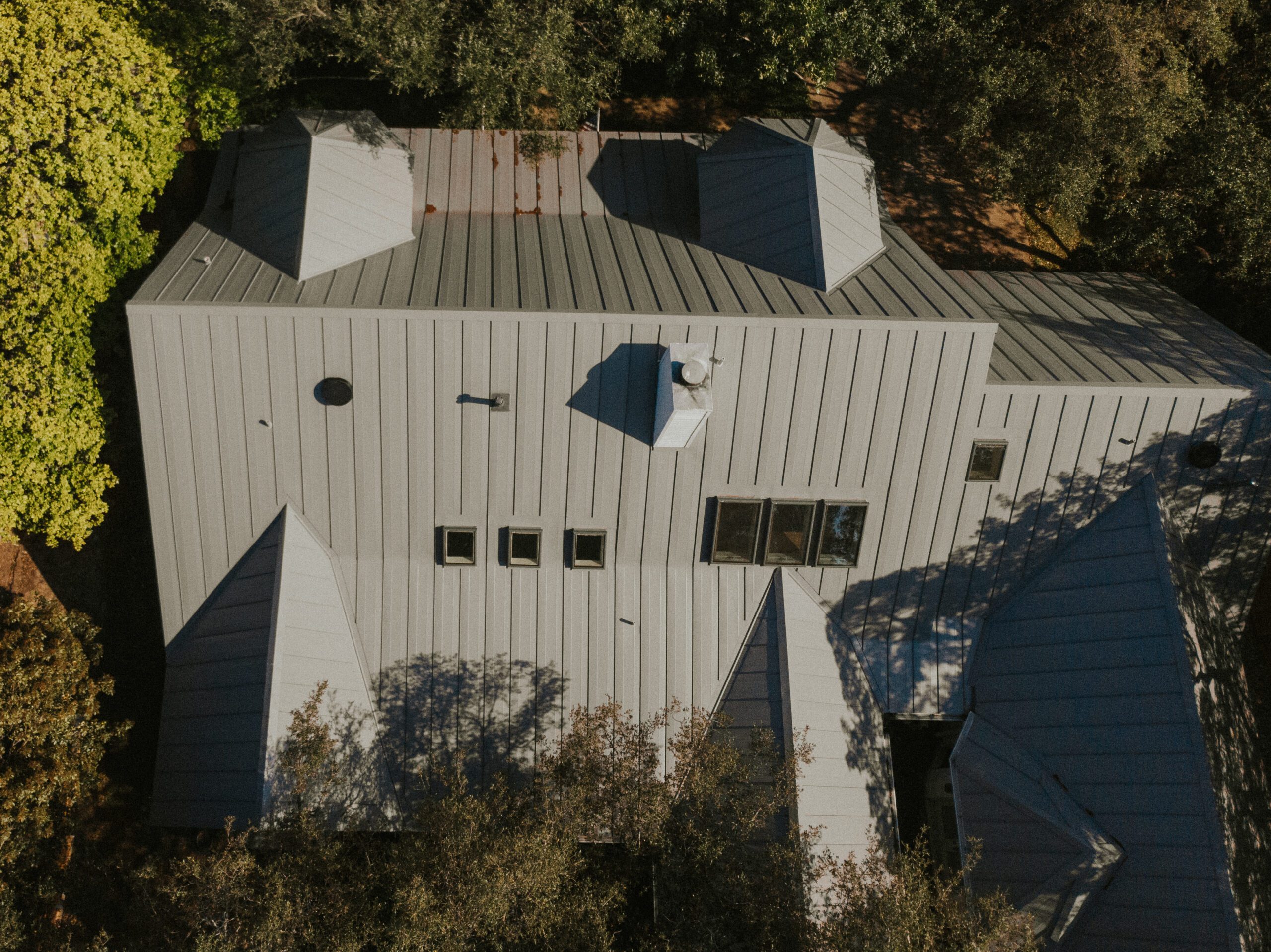Your roof is the first line of defense against severe weather conditions such as heavy rain, strong winds, hailstorms, and hurricanes. While it may seem sturdy and durable, these weather patterns can cause significant damage to your roof over time. Today we’ll discuss what storms can do to your roof in the long run.
Roof Leaks
One of the most common problems caused by storms is roof leaks. Heavy rain or hail can create cracks or holes in your roof’s surface, allowing water to seep into your home. Over time, this can cause rotting and mold growth that can lead to health hazards for you and your family.
Shingle Damage
Strong winds can cause shingles to lift, crack or even blow off altogether. This exposes the underlying layers of your roof to potential water damage and can also affect the structural integrity of your home.
Gutter Damage
Gutters are an important part of your roofing system because they help direct water away from your home’s foundation. During a storm, debris such as leaves or tree branches can accumulate in gutters causing them to clog up and overflow. This not only affects their ability to function properly but also causes water damage around the foundation of your home.
Structural Damage
Severe weather conditions such as hurricanes or tornadoes can cause significant structural damage to your roof that may require extensive repairs or even replacement.
Energy Efficiency Loss
A damaged roof can result in high energy bills due to air leaks and poor insulation which leads to increased heating and cooling costs.
In conclusion, storms can have a long-term impact on the condition of your roof if left unaddressed. Whether it’s through regular maintenance or timely repairs after a storm event, taking care of your roofing system is essential for protecting your home from potential damage caused by severe weather conditions.
Scheduling a roof inspection is an important step in identifying any damage that may have been caused by previous storms and ensuring that your roof is in good condition. A trained roofer will be able to identify areas that need attention and make necessary repairs to keep your roof in top shape.
If you suspect any damage has been done during a storm event, don’t hesitate to contact a professional who will be able assess any issues that need attention before they become major problems down the road. By taking these steps, you can rest easy knowing that your home is protected from the potential long-term effects of storms on your roof.













